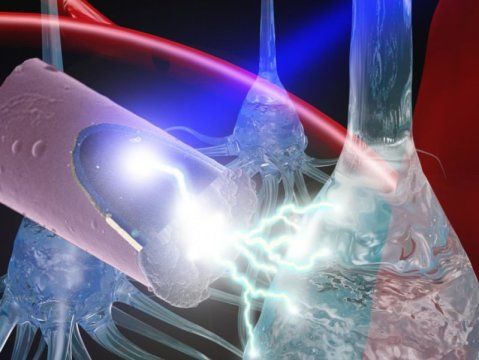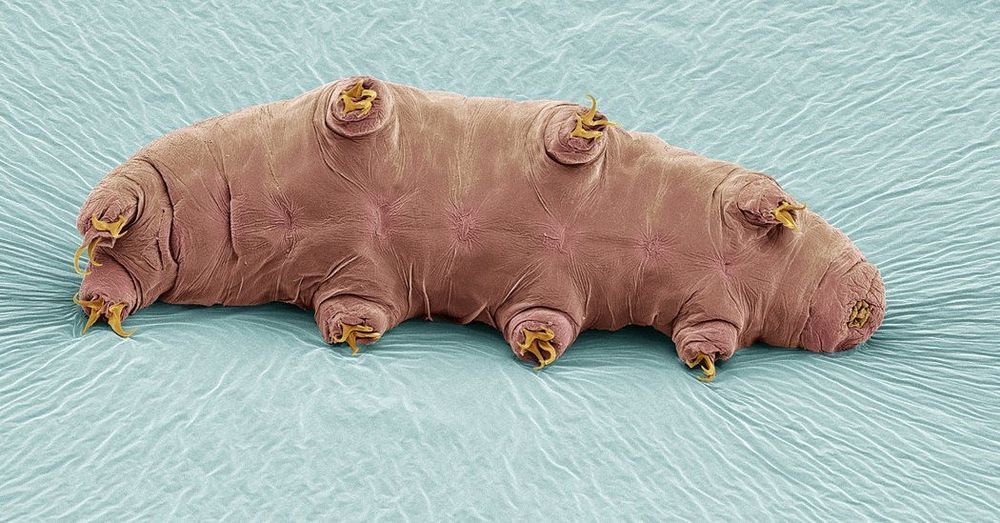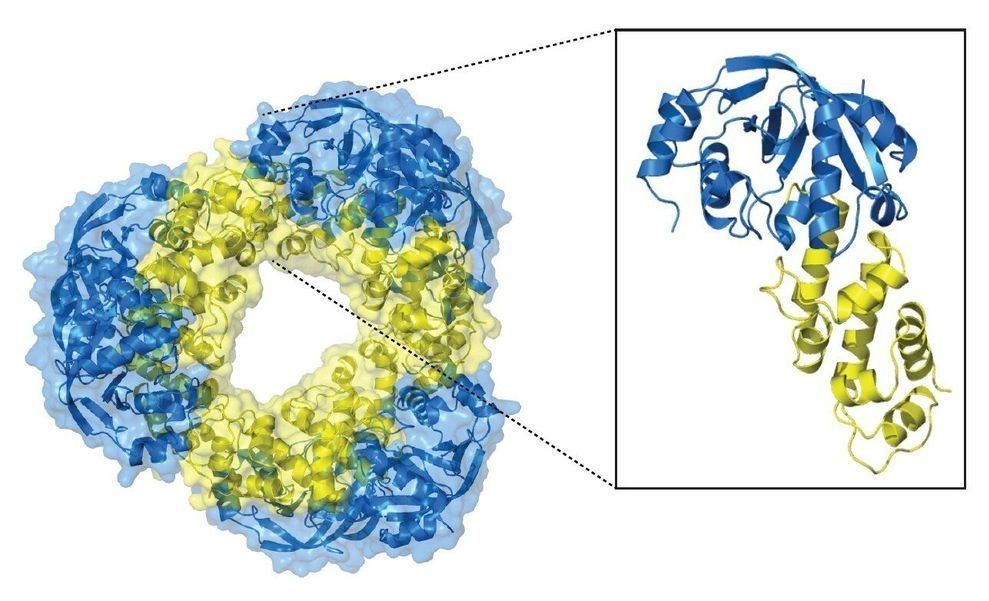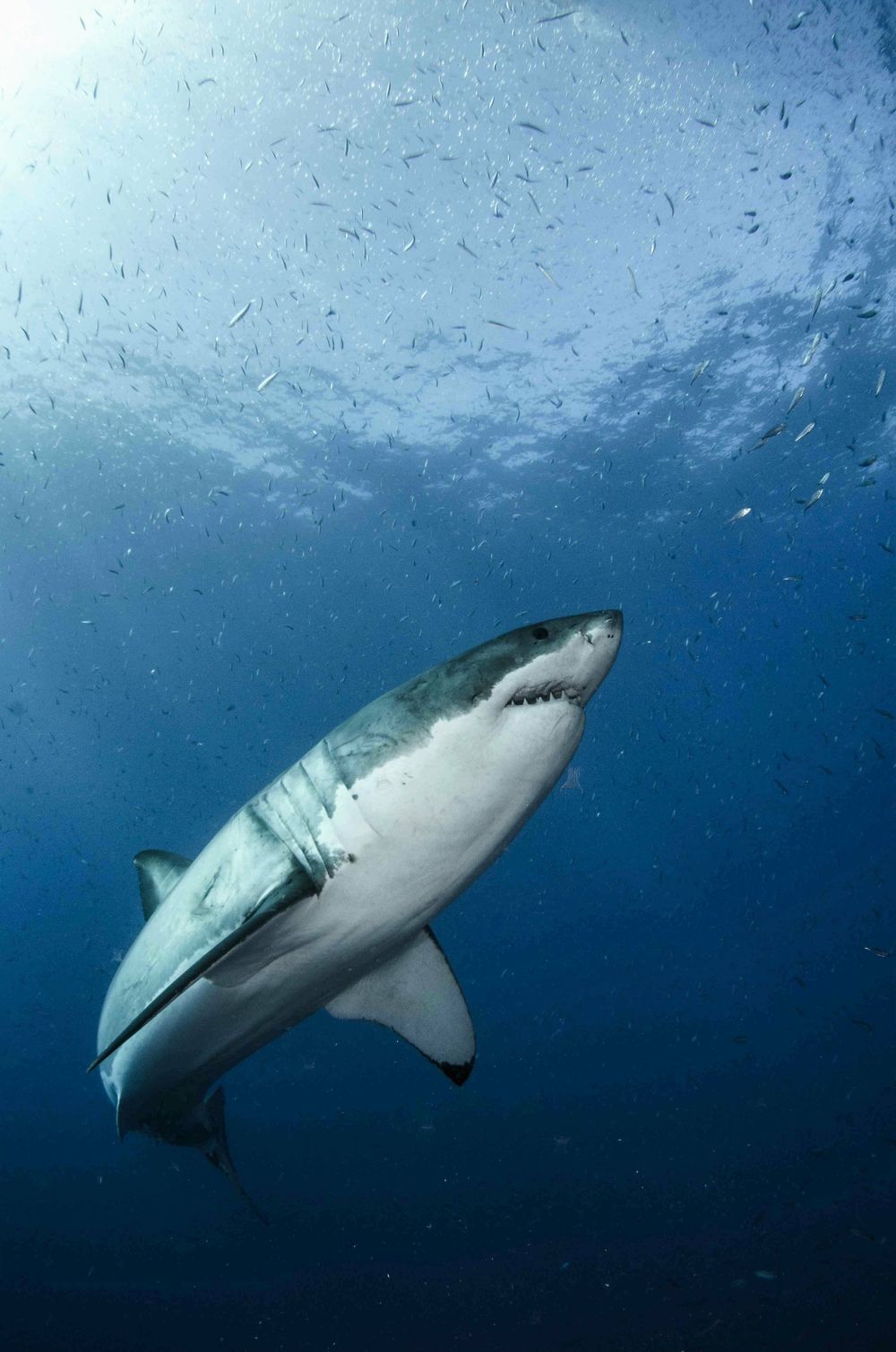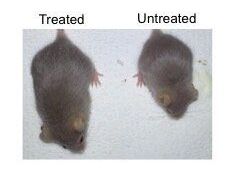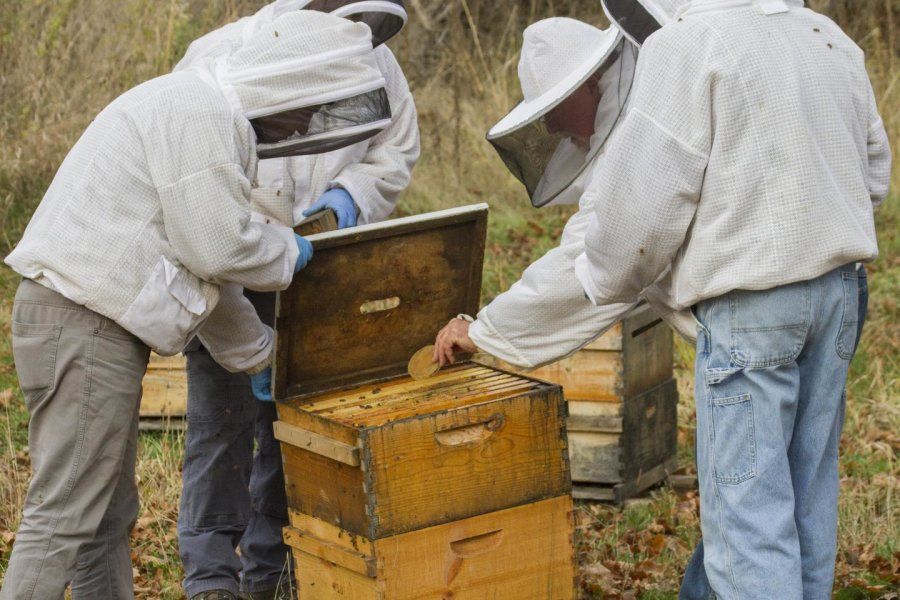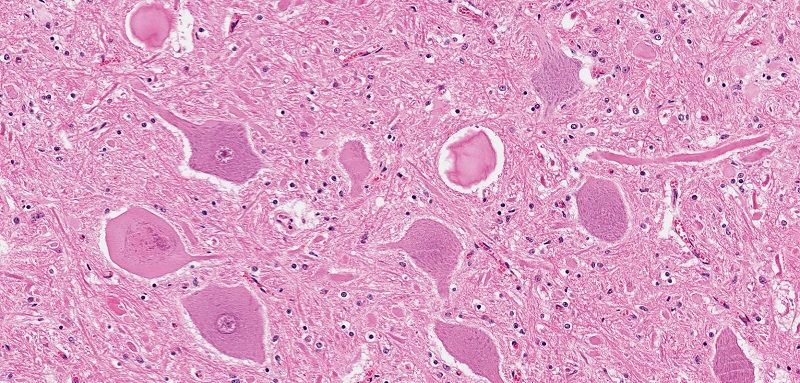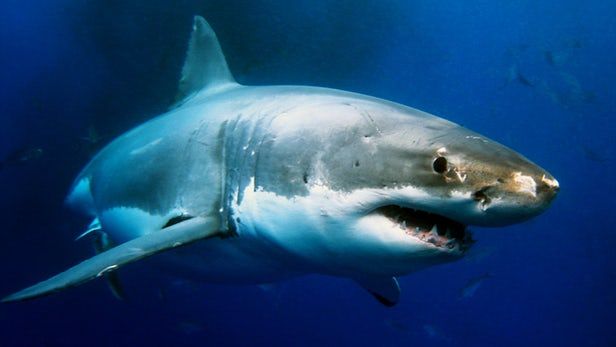Feb 19, 2019
Bioengineers create ultrasmall, light-activated electrode for neural stimulation
Posted by Quinn Sena in categories: bioengineering, biotech/medical, neuroscience
Neural stimulation is a developing technology that has beneficial therapeutic effects in neurological disorders, such as Parkinson’s disease. While many advancements have been made, the implanted devices deteriorate over time and cause scarring in neural tissue. In a recently published paper, the University of Pittsburgh’s Takashi D. Y. Kozai detailed a less invasive method of stimulation that would use an untethered ultrasmall electrode activated by light, a technique that may mitigate damage done by current methods.
